On April 7, the authoritative SCI journal “Human and Experimental Toxicology” in the field of global toxicology published the latest research paper by the research team of Qilu University of Technology (Shandong Academy of Sciences), showing that compared with cigarettes, e-cigarettes are harmful to human vascular endothelial cells. Relatively small, showing a more obvious “harm reduction effect”.
This paper is the first empirical research result of the effect of electronic cigarettes on human vascular endothelial cells in China. The first author is Associate Professor Su Le of Qilu University of Technology (Shandong Academy of Sciences). The paper compares the more common RELX electronic cigarettes in China with a certain brand of cigarettes, collects the smoke of electronic cigarettes and cigarettes respectively, and tests the effects of the two types of products on human vascular endothelial cells under the same nicotine concentration.
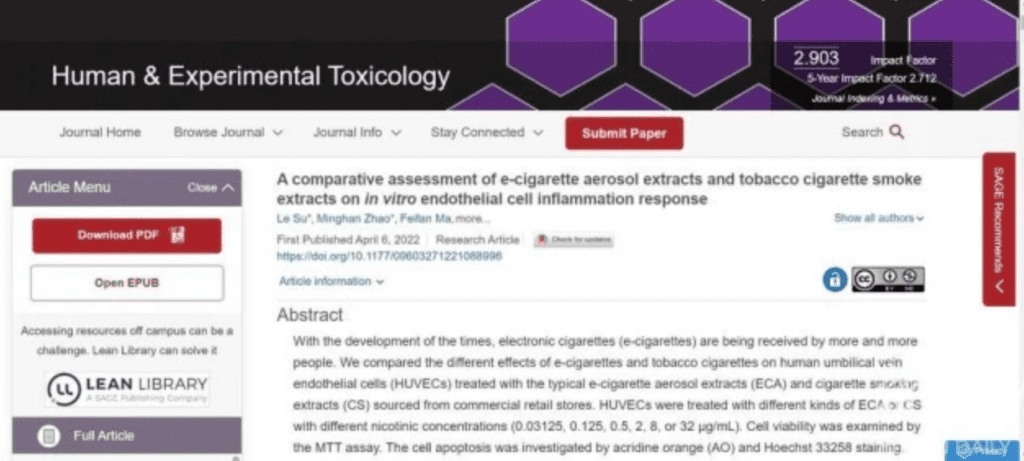
Vascular endothelial cells are closely related to cardiovascular health and related diseases. Studies have shown that e-cigarettes are less likely to cause inflammation of cardiovascular cells than cigarettes. The effects of different flavors of electronic cigarette smoke on the survival rate of vascular endothelial cells were much lower than those of cigarette smoke. When the nicotine concentration was less than 0.5 μg/ml, the cell viability in each e-cigarette group did not decrease significantly, while the cell viability in the cigarette group decreased by about 30%.
Pro-inflammatory cytokines are key proteins in the body that increase the inflammatory response leading to disease. This study also compared the effects of cigarettes and e-cigarettes on pro-inflammatory factors.
The study found that cells exposed to cigarette smoke collections had significantly increased levels of pro-inflammatory cytokine secretion, which may accelerate inflammation; in contrast, cells exposed to e-cigarette smoke collections for 12 hours had no pro-inflammatory cytokine secretion levels. Significant changes occurred. After 24 hours, the secretion levels of pro-inflammatory factors in cells in each e-cigarette group were still much lower than those in the cigarette group.

In this study, the researchers compared several different flavors of e-cigarettes, such as cola, watermelon, mung bean, and grape, and found that although there are certain differences in the impact of each flavor on human vascular endothelial cells, the overall impact was significantly lower than that of cigarettes.
For example, after treating human vascular endothelial cells with 0.125 μg/ml nicotine concentration smoke collection for 48 hours, 32.5% of the cells in the cigarette group underwent apoptosis, while the apoptosis rate of cola-flavored e-cigarettes was 2.5%, which was only the same as that of cigarettes. 1/13; After 48 hours of treatment of cells with 32 μg/ml nicotine concentration smoke collection, the cell survival rate in the cigarette group decreased to 57.7%, while the cell survival rate in the cola and watermelon flavored e-cigarette groups was almost unaffected.
“We found that under experimental conditions, e-cigarettes had less effect on human vascular endothelial cells than cigarettes.” Associate Professor Su Le said, “This shows that e-cigarettes are not completely harmless, but may be used as a harm reduction substitute for cigarettes.”


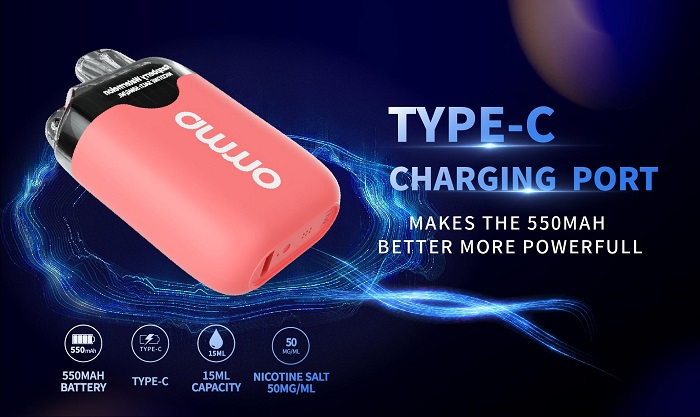
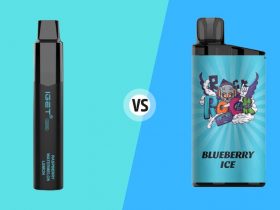
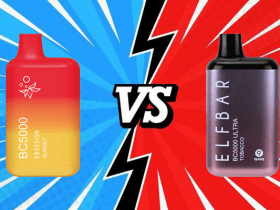






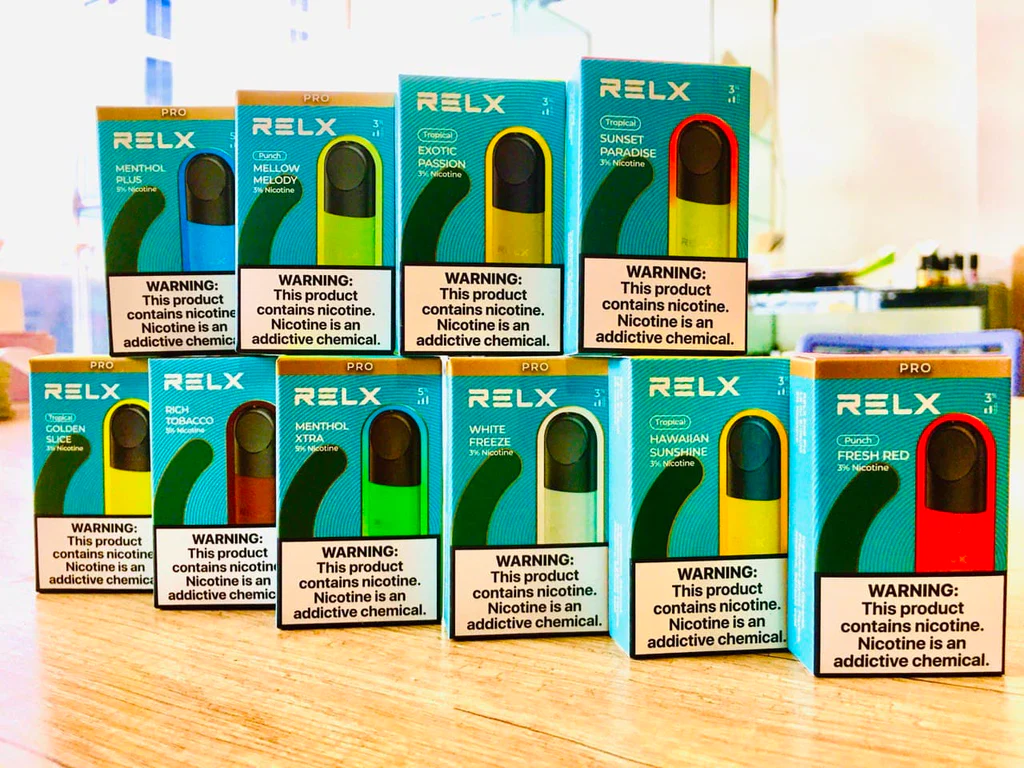





Leave a Reply